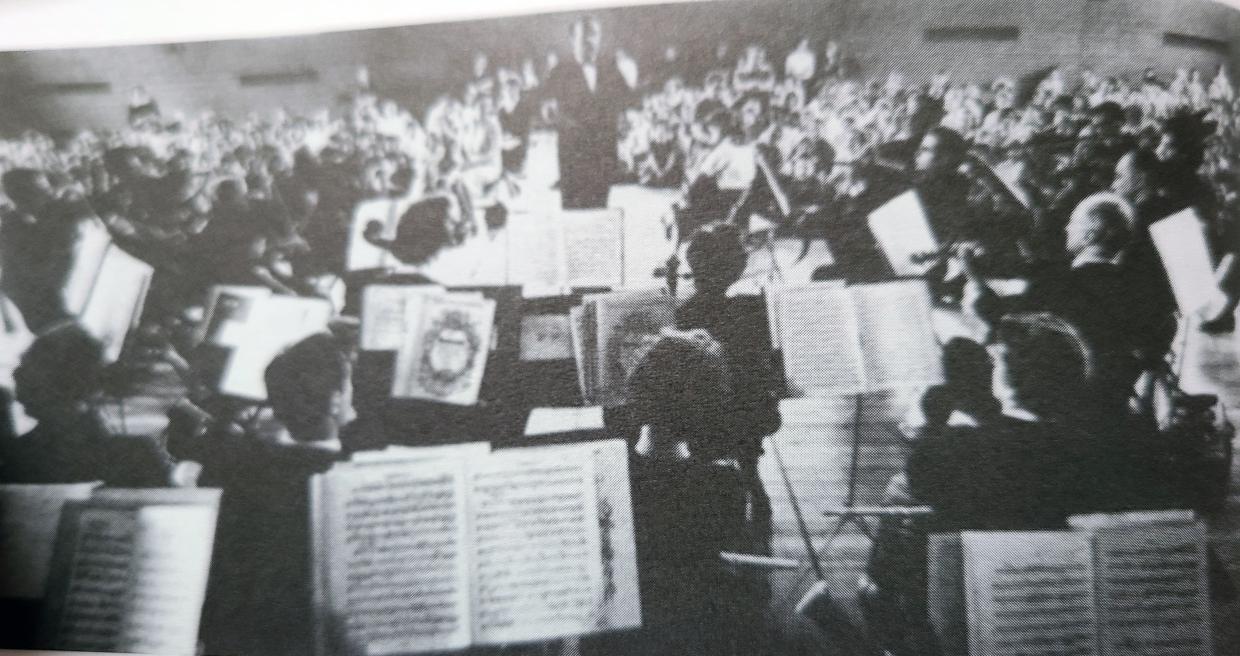Music Institute of Chicago: 90 Years and Counting
President and CEO Mark George reflects on MIC's history and impact

September 7th, 2021
September 28, 2021
Part 1/8
Dr. Mark George has been president and CEO of the Music Institute of Chicago since 2010. He served as national board chair for the Suzuki Association of the Americas, and he is currently a trustee for the Solti Foundation US, The Billy Strayhorn Foundation, and the Evanston Chamber of Commerce.
On the occasion of the Music Institute’s 90th anniversary, Dr. George has reflected on the institution’s past, present, and future—its impact, its accomplishments, and its plans. He describes the story of the Music Institute of Chicago as one of music education that is ever-widening its embrace to welcome people into the fold.
What do you mean by the Music Institute’s ever-widening embrace?
The ever-widening embrace is reflected in our history. In 1931, founders David and Dorothy Dushkin had an idea that was somewhat radical for the time—music lessons can be fun for any family, any kid. They started a music school at their farm house in Winnetka, which in itself was radical. In the 1950s, when Herbert Zipper became director, he widened the circle by taking music to the public schools. Students were accustomed to taking a bus to see the Chicago Symphony, but he took it directly into the schools, and students literally sat at the orchestra’s feet—multiple times. People who are 60 or 70 years old remember that to this day, how much if influenced their love for music. He got that idea while he was a prisoner in a camp during WWII. He was one of those amazing heroes who kept people going by having them make music—he was pretty extraordinary in that regard. He took the idea of the wider embrace further by bringing it into the schools.
The Music Institute was an early adopter of the Suzuki philosophy—which is the ultimate embrace of everybody. Suzuki said every child can learn to play music, and well. Students do not fail in speaking their native language, and they should not fail in speaking a musical language if they are taught in a nurturing way. This widens the embrace even further to include children with disabilities. To this day, the Music Institute has one of the largest and strongest Suzuki programs in the country with more than 500 students.
Today our challenge is accessibility, to make this resource we have developed over decades available to those who don’t know about us or perceive themselves as separate from us—culturally, geographically, socioeconomically. That is the last frontier of widening that circle for every kid and adult to make music if they want to.
